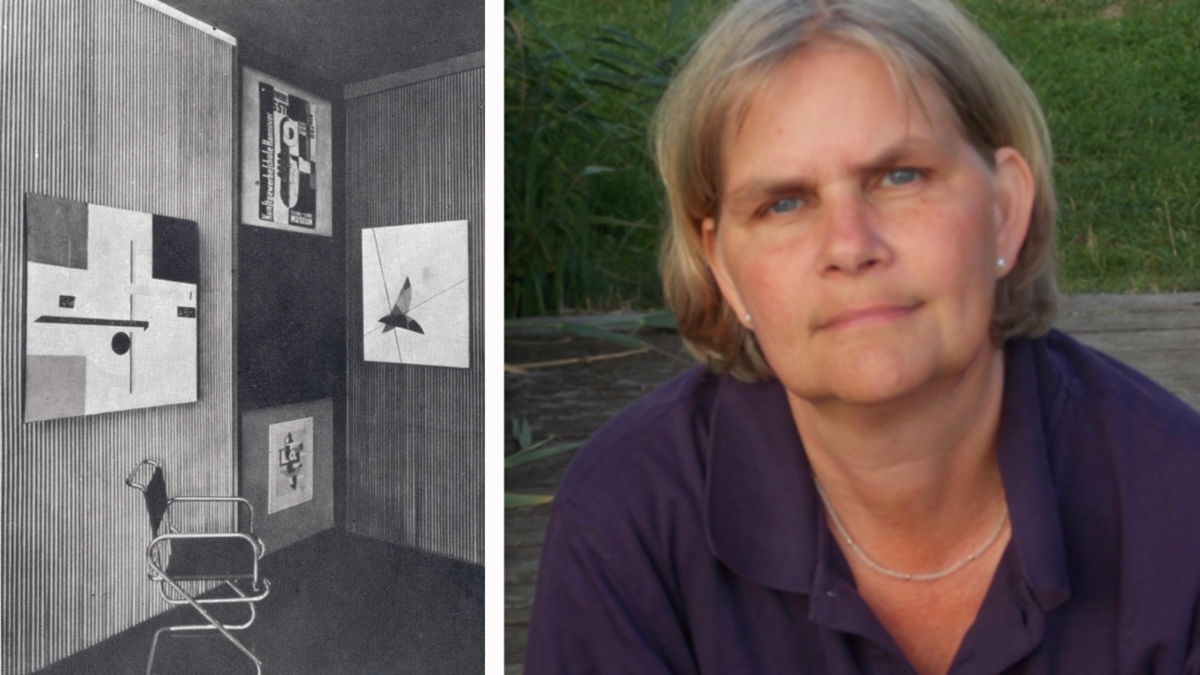El Lissitzy and Alexander Dorner. Aspects of a Cooperation with Reverberation
Lecture by Dr. Ines Katenhusen

The lecture recreates one of the first modernist spatial concepts of the Weimar Republic: The Abstract Cabinet, which opened in 1927 at the Provinzialmuseum, now the Niedersächsisches Landesmuseum Hannover, was commissioned by the museum's director Alexander Dorner as part of his overall curatorial concept and realized by El Lissitzky, based on his earlier works.
What were Lissitzky's years in Hanover like, what was his relationship to the Kestner Gesellschaft, where he worked and lived from time to time? What objectives did the artist and the curator associate with this cabinet, which is still perceived as groundbreaking today? What caused controversy, what did they agree on? And to what extent do these agreements and disagreements continue to shape the reception history of the Abstract Cabinet, the interpretation of El Lissitzky's work, and the perception of Alexander Dorner's curatorial approach to this day?
Ines Katenhusen studied history as well as German language and literature at the University of Hanover. She published her dissertation on "Art and Politics. Hanover's Confrontations with Modernism in the Weimar Republic." In 1998, she was awarded with the Förderpreis der Stiftung der deutschen Städte, Gemeinden und Kreise zur Förderung der Kommunalwissenschaften. Since 2000, she has been researching on the German-American art historian and museum director Alexander Dorner. She has received research and travel grants from the Fritz Thyssen Foundation, Brown University, the American Institute for Contemporary German Studies/DAAD/Johns Hopkins University, the Fulbright Commission, the German Historical Institute, Washington, and the Terra Foundation for American Arts/John F. Kennedy Institute for North American Studies, and Freie Universität Berlin. Since then, articles and essays by Ines Katenhusen on Dorner have been published in exhibition catalogs as well as in German, U.S., and Russian journals and books. She has also written numerous articles on art, cultural, and urban history, as well as on the history of European integration. Since 1992, she has held positions in various academic administrative fields, and since 2017, she has worked as an advisor for teaching and studies on the staff of the President of Leibniz Universität Hanover.
